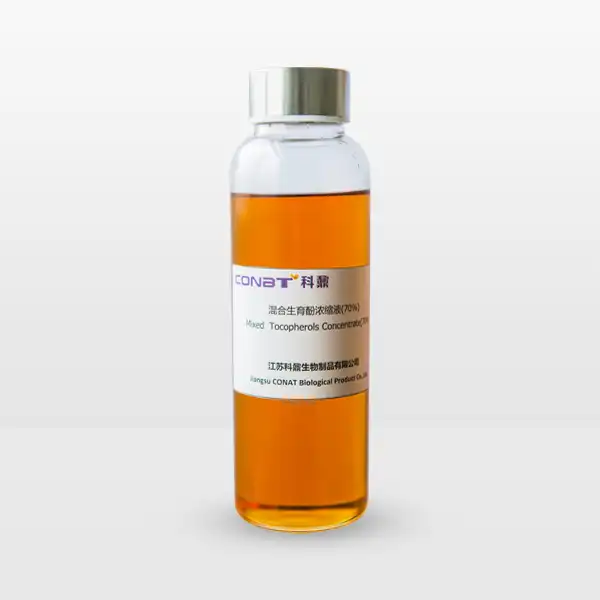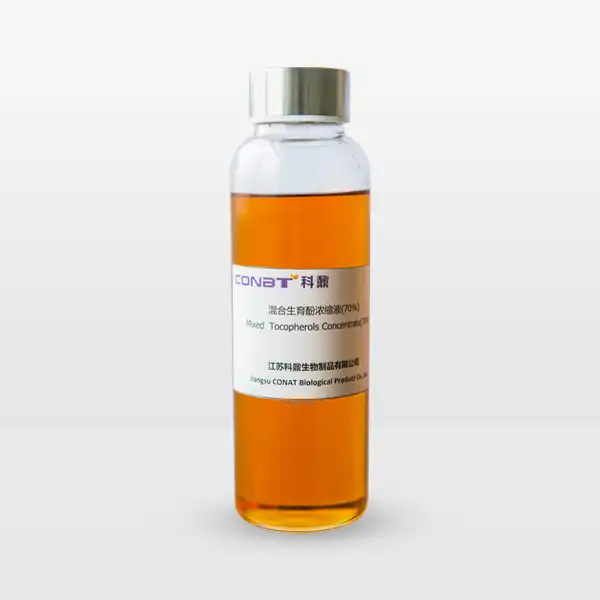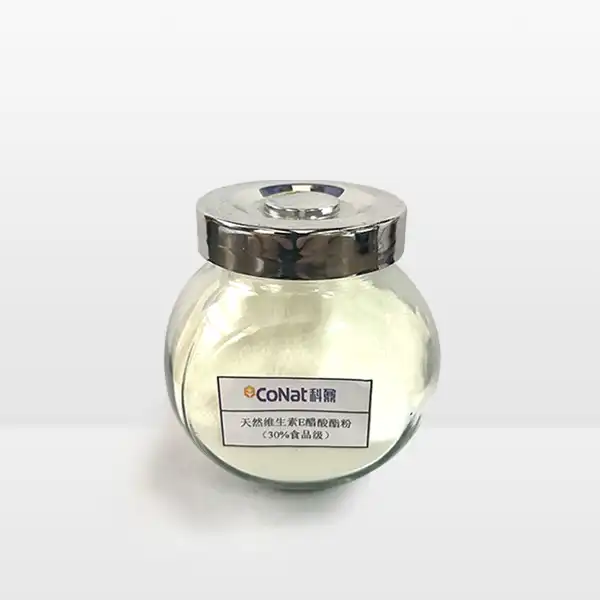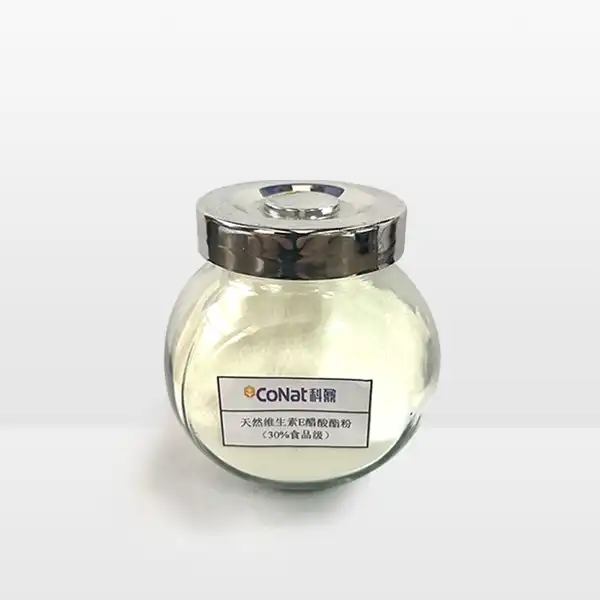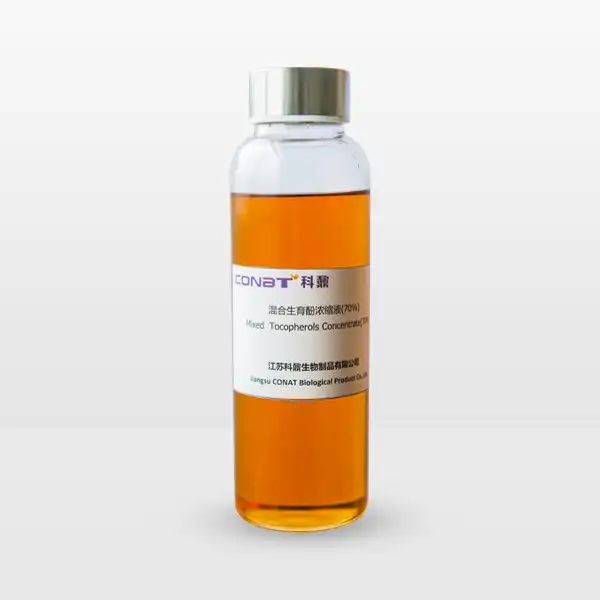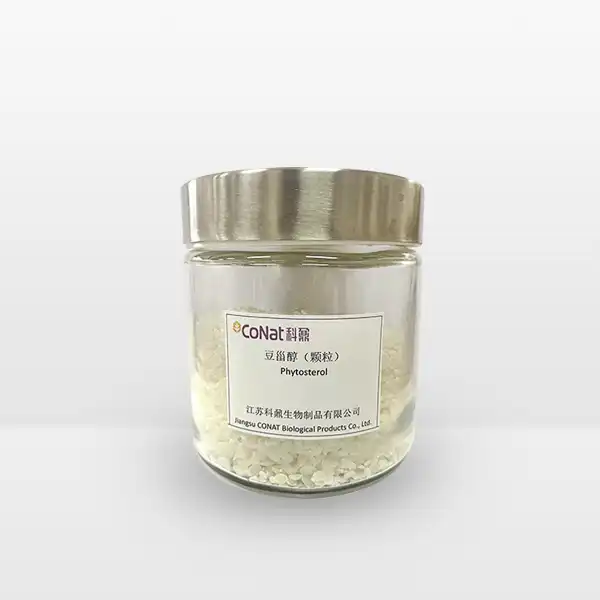- English
- French
- German
- Portuguese
- Spanish
- Russian
- Japanese
- Korean
- Arabic
- Greek
- German
- Turkish
- Italian
- Danish
- Romanian
- Indonesian
- Czech
- Afrikaans
- Swedish
- Polish
- Basque
- Catalan
- Esperanto
- Hindi
- Lao
- Albanian
- Amharic
- Armenian
- Azerbaijani
- Belarusian
- Bengali
- Bosnian
- Bulgarian
- Cebuano
- Chichewa
- Corsican
- Croatian
- Dutch
- Estonian
- Filipino
- Finnish
- Frisian
- Galician
- Georgian
- Gujarati
- Haitian
- Hausa
- Hawaiian
- Hebrew
- Hmong
- Hungarian
- Icelandic
- Igbo
- Javanese
- Kannada
- Kazakh
- Khmer
- Kurdish
- Kyrgyz
- Latin
- Latvian
- Lithuanian
- Luxembou..
- Macedonian
- Malagasy
- Malay
- Malayalam
- Maltese
- Maori
- Marathi
- Mongolian
- Burmese
- Nepali
- Norwegian
- Pashto
- Persian
- Punjabi
- Serbian
- Sesotho
- Sinhala
- Slovak
- Slovenian
- Somali
- Samoan
- Scots Gaelic
- Shona
- Sindhi
- Sundanese
- Swahili
- Tajik
- Tamil
- Telugu
- Thai
- Ukrainian
- Urdu
- Uzbek
- Vietnamese
- Welsh
- Xhosa
- Yiddish
- Yoruba
- Zulu
Can Beta-Sitosterol Be Used to Treat Benign Prostatic Hyperplasia?
Benign prostatic hyperplasia (BPH) is a common condition affecting millions of men worldwide, characterized by an enlarged prostate that can significantly impact quality of life. As men age, the search for effective, natural treatments becomes increasingly important. Beta-sitosterol, a plant sterol found in various fruits, vegetables, and nuts, has emerged as a potential promising approach to managing prostate health and alleviating BPH symptoms. This comprehensive exploration will delve into the scientific understanding, potential benefits, and research surrounding beta-sitosterol's role in addressing prostate-related concerns.
Is Beta-Sitosterol a Natural Solution for Prostate Health?
The landscape of natural health solutions for prostate issues has been evolving, with beta-sitosterol gaining significant attention from medical researchers and health practitioners. As a plant-based sterol, beta-sitosterol represents a fascinating intersection of nutrition and medical science, offering potential therapeutic benefits without the harsh side effects often associated with pharmaceutical interventions.
Beta-sitosterol belongs to a group of compounds known as phytosterols, which are structurally similar to cholesterol but found in plant-based sources. These naturally occurring substances have been extensively studied for their potential health-promoting properties, particularly in cardiovascular and prostate health. The molecular structure of beta-sitosterol allows it to interact with the human body in unique ways, potentially providing relief for men experiencing BPH symptoms.
Research indicates that beta-sitosterol may work through multiple mechanisms to support prostate health. Unlike synthetic medications, this natural compound appears to address prostate enlargement from a holistic perspective. It potentially helps reduce inflammation, modulate hormonal interactions, and support overall cellular health within the prostate gland. Men seeking alternative or complementary approaches to traditional BPH treatments have increasingly turned to beta-sitosterol as a promising option.
The prevalence of BPH makes any potential natural intervention particularly compelling. Studies suggest that approximately 50% of men between 51 and 60 years old, and up to 90% of men over 80, experience some degree of prostate enlargement. This high prevalence underscores the critical need for effective, accessible treatments that can improve urinary function and overall quality of life.
Nutritional sources of beta-sitosterol include a wide range of plant-based foods. Avocados, nuts like almonds and pecans, vegetable oils, and various seeds are rich in this beneficial compound. While dietary intake can provide some benefits, many researchers and healthcare professionals recommend targeted supplementation to achieve therapeutic concentrations that might effectively address BPH symptoms.
How Effective Are Beta-Sitosterol Supplements in Managing BPH Symptoms?
Clinical investigations have provided compelling evidence regarding the potential efficacy of beta-sitosterol in managing BPH symptoms. Multiple randomized controlled trials have demonstrated significant improvements in urinary flow rates, reduced prostate volume, and enhanced overall urinary tract function among men supplementing with beta-sitosterol.
A landmark meta-analysis published in the British Journal of Urology International examined multiple studies and found substantial evidence supporting beta-sitosterol's role in symptom management. Participants consistently reported improvements in key metrics such as maximum urinary flow rate, residual urinary volume, and overall quality of life. These findings suggest that beta-sitosterol might offer a meaningful alternative or complementary approach to traditional pharmaceutical interventions.
The mechanism of action for beta-sitosterol in BPH management is multifaceted. Unlike single-target pharmaceutical approaches, this natural compound appears to interact with multiple physiological pathways. It may help inhibit 5-alpha reductase, an enzyme responsible for converting testosterone to dihydrotestosterone (DHT), which is closely linked to prostate enlargement. Additionally, beta-sitosterol demonstrates potential anti-inflammatory properties that could contribute to reducing prostate inflammation and associated urinary symptoms.
Patient experiences and clinical data converge to highlight the promising nature of beta-sitosterol supplementation. Many individuals report noticeable improvements in urinary symptoms within weeks of consistent use. Reduced nighttime urination frequency, improved urinary stream, and decreased feelings of incomplete bladder emptying are commonly reported benefits.
Healthcare professionals increasingly recognize the potential of beta-sitosterol as part of a comprehensive approach to prostate health. While not a standalone cure, it represents a valuable tool in managing BPH symptoms and supporting overall prostate wellness. Integrative medicine practitioners often recommend beta-sitosterol as part of a holistic treatment strategy that includes dietary modifications, lifestyle changes, and targeted supplementation.
What Scientific Evidence Supports Beta-Sitosterol's Role in Prostate Wellness?
The scientific community has invested significant resources in understanding the potential therapeutic mechanisms of beta-sitosterol. Numerous peer-reviewed studies have explored its interactions with prostate cellular structures, hormonal systems, and inflammatory responses, providing a robust scientific foundation for its potential benefits.
Molecular studies have revealed intricate details about how beta-sitosterol might influence prostate health at the cellular level. Research suggests that this plant sterol can modulate cell signaling pathways, potentially inhibiting abnormal cell proliferation and supporting healthy prostate tissue maintenance. These findings are particularly significant in the context of BPH, where uncontrolled cellular growth contributes to prostate enlargement.
Immunomodulatory properties represent another fascinating aspect of beta-sitosterol's potential therapeutic profile. Chronic inflammation is increasingly recognized as a critical factor in prostate disorders, and beta-sitosterol demonstrates promising anti-inflammatory capabilities. By potentially reducing inflammatory markers and supporting balanced immune responses, this natural compound might offer a comprehensive approach to prostate wellness.
Long-term observational studies have provided additional insights into the sustained benefits of beta-sitosterol supplementation. Unlike some pharmaceutical interventions that may lose effectiveness over time, beta-sitosterol appears to maintain its supportive properties with continued use. This consistent performance makes it an attractive option for men seeking long-term prostate health management strategies.
The global scientific community continues to investigate beta-sitosterol's potential, with ongoing clinical trials exploring its applications beyond BPH. Emerging research suggests potential benefits in areas such as cholesterol management, immune system support, and cancer prevention. These broader health implications further underscore the compound's significance in natural health interventions.
Conclusion
Beta-sitosterol represents a promising natural approach to supporting prostate health and managing BPH symptoms. While not a definitive cure, the substantial body of scientific evidence suggests it can be a valuable component of a comprehensive prostate wellness strategy.
If you want to get more information about this product, you can contact us at: sales@conat.cn.
References
1. Berges RR, et al. (2000). British Journal of Urology International, 85(7), 836-841.
2. Wilt TJ, et al. (1999). American Journal of Medicine, 106(6), 639-647.
3. Klippel KF, et al. (1997). Prostate, 32(3), 188-195.
4. Cabral CE, et al. (2019). Nutrients, 11(9), 2051.
5. Messina M, et al. (2013). Molecular Nutrition & Food Research, 57(5), 787-796.
6. Pegel KH. (1997). Journal of Lipid Research, 38(5), 834-843.
7. Miles JA, et al. (2018). Phytotherapy Research, 32(4), 627-638.
8. Seamon E, et al. (2017). Current Urology Reports, 18(6), 47.
9. Rao A, et al. (2004). Journal of Urology, 172(4), 1404-1407.
10. Cristoni A, et al. (2000). Molecular Nutrition & Food Research, 44(3), 172-179.
